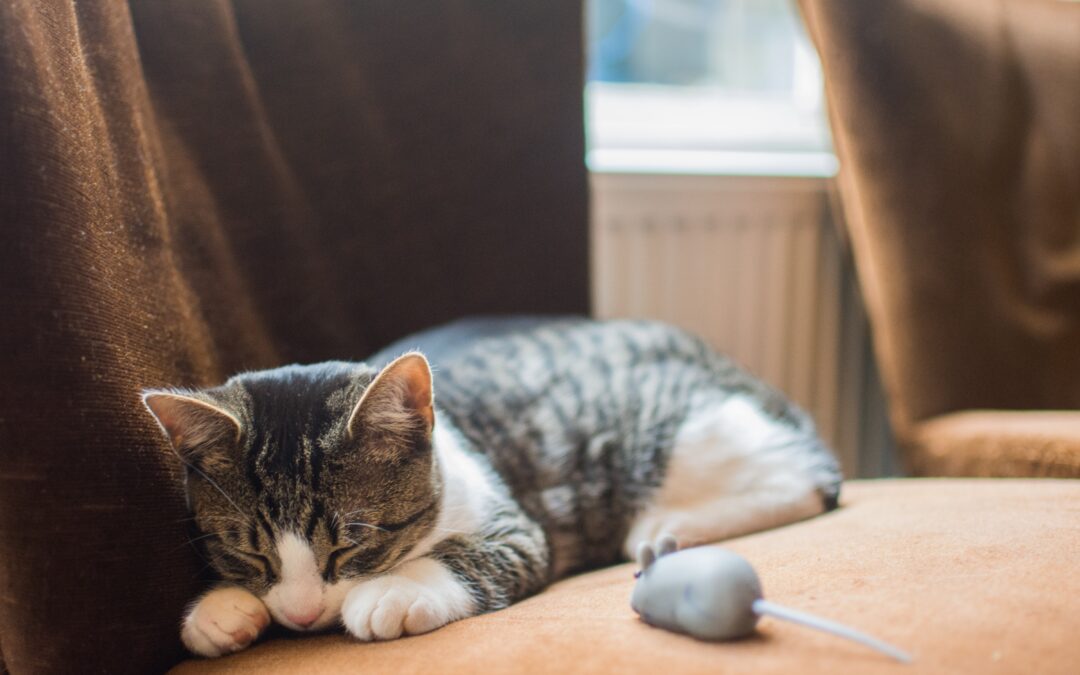Safeguard Your Pet from These Five Common Household Dangers
In celebration of National Animal Poison Prevention Week this March 19-25, we want to raise awareness about the top household items that are toxic for our furry friends.
#1: Medications
Sadly, one of the most prevalent household dangers to pets is medications – from an entire collection of beef-flavored heartworm preventives to their owner’s prescription pills. Food-motivated pups will grab any dropped medication before their owners can even spot it, and sometimes they may search through guests’ luggage or scavenge around counters seeking out more tablets. Overdoses in animals can be life-threatening; if your pet ingests something they shouldn’t have, contact a specialized animal poison control hotline right away!
#2: Food
As a pet parent, it’s important to be aware that the kitchen can be quite dangerous for your furry friend. Chocolate, macadamia nuts, xylitol, avocados, and unbaked yeast dough are just some of the most common toxic foods for pets, which could potentially cause devastating illnesses like kidney failure or seizures. To prevent these risks from happening in your home, make sure to keep an eye on your curious buddy when you’re cooking in the kitchen. Additionally, invest in a locking trash can so their noses won’t be tempted by any food scraps left behind!
#3: Household chemicals
As a pet parent, you must be vigilant about keeping common chemicals in your home out of reach of your furry buddy. To ensure their safety, make sure to securely store the following substances away from them:
- Cleaning products
- Disinfectants
- Aerosol air fresheners and other products
- Candles
- Antifreeze
- Windshield washer fluid
- Paint
- Glue
- Nail polish remover
#4: Batteries and coins
Unbeknownst to many, batteries and coins can be poisonous if ingested. If your furry friend happens to puncture or chew on a battery, it could suffer from chemical burns; even whole ones swallowed intact may lead to gastrointestinal blockage.
#5: Houseplants
If you own a pet and want to spruce up your home or garden with plants, make sure that the greenery is safe for them. Some popular houseplants that may be hazardous include lilies, dieffenbachia, elephant ears, and spider plants—all of which can have deadly consequences if ingested by cats! Don’t forget about outdoor plants such as ivy and oleander, either; they can also cause harm to animals. Before bringing any bouquets inside or adding flora to your yard, double-check the ASPCA’s toxic plant list first, so both you and your furry friends will be able to enjoy beautiful blooms without worry.
In the event that your pet has potentially come in contact with a toxic substance, do not hesitate to reach out to our team without delay.

